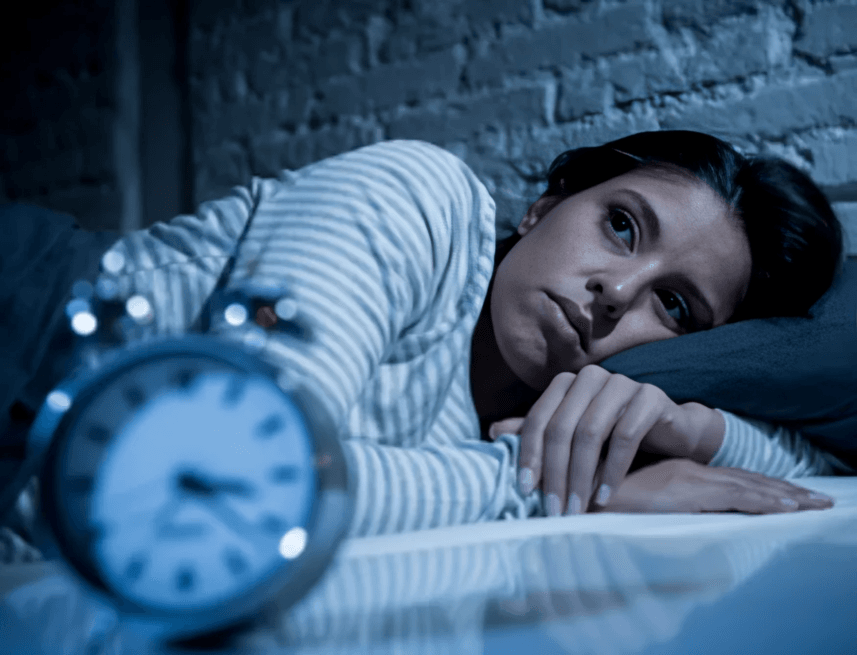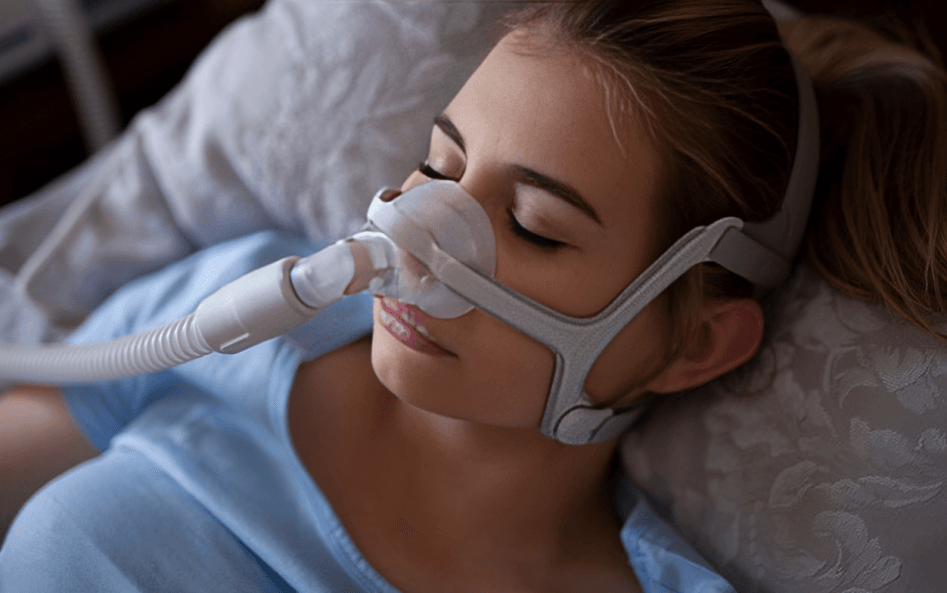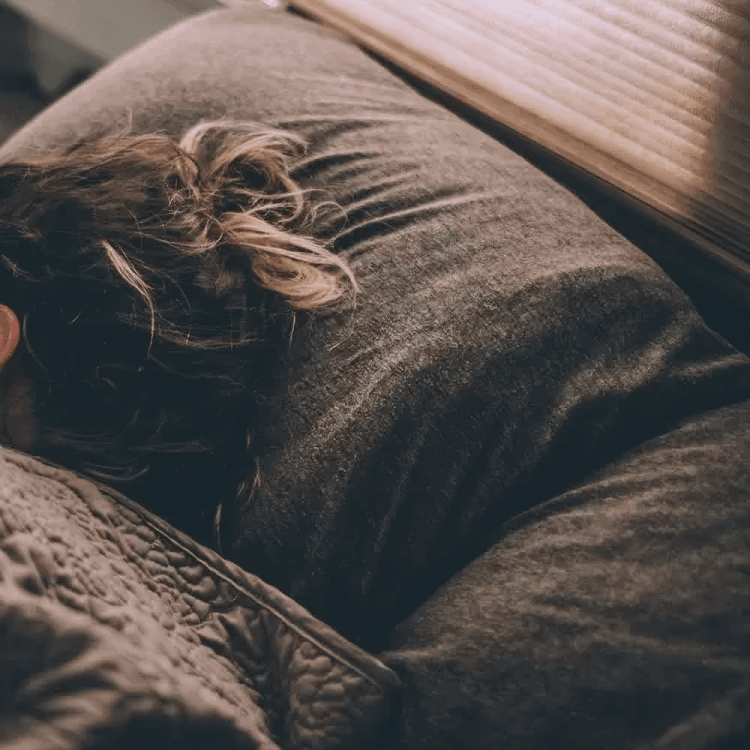
“
The sleep and mental health connection is a deeply intertwined relationship shaping how we feel, think, and behave. Restful sleep boosts mood, reduces anxiety, and supports clear thinking, while poor sleep worsens stress, depression, and mental health issues like psychosis. Scientific research, real-world data, and clinical observations consistently show that getting enough quality sleep is essential for maintaining a stable, healthy mind. 1
1
1
1
”
Greek physician Hippocrates believed that proper sleep patterns were essential for emotional balance. Modern science shows restful sleep stabilizes mood and eases anxiety. 1
Deep sleep allows the brain to process memories and experiences, reducing the mental clutter that fuels anxiety. Without it, emotional regulation is compromised, and stressful thoughts grow harder to manage. 2

Sleep disorders like insomnia are often early indicators of mental health issues such as bipolar disorder and PTSD. Addressing sleep problems early can sometimes prevent these conditions from worsening.
Research shows that even one night of lost sleep can heighten emotional reactivity. People become more sensitive to negative stimuli and find it harder to control emotional responses in daily interactions. 3
People who sleep fewer than six hours a night consistently report higher stress levels. This stress, when prolonged, increases cortisol levels and leads to emotional burnout and social withdrawal. 4
REM sleep plays a vital role in emotional memory processing. Without enough REM sleep, people struggle to regulate emotions tied to traumatic events, leading to greater psychological distress. 5
Nightmares and poor dream regulation are often tied to mental health problems. They not only disrupt sleep but also trigger lingering emotional distress throughout the day, worsening mood. 6
Social anxiety and sleep quality are deeply connected. People with poor sleep tend to misinterpret social cues negatively, making them more withdrawn and anxious in daily conversations and public situations. 7

Sleep apnea is known to interfere with mood regulation. Oxygen deprivation during the night affects brain function, leading to confusion, low energy, mood swings, and even symptoms that mimic depression.
People with consistent sleep routines often experience better mental well-being. Regular bedtimes help stabilize the body’s circadian rhythm, making it easier to handle emotional and psychological stress. 8
Lack of sleep affects empathy. Sleep-deprived individuals show reduced activity in brain regions linked to compassion and understanding, making it harder to connect with others on an emotional level. 9
Adolescents with sleep problems are more prone to depression and behavioral issues. Their still-developing brains are especially sensitive to disrupted sleep, affecting both academic and emotional performance. 10
A study by Harvard Medical School found that sleep disturbances predict relapse in people recovering from depression. Prioritizing sleep can therefore help maintain long-term emotional stability. 11
People with insomnia are ten times more likely to develop depression. This strong link shows how crucial quality sleep is to prevent deeper emotional disorders from taking root and affecting overall well-being. 12
Those with bipolar disorder often experience changes in sleep during mood swings. Sleep deprivation can trigger manic episodes, while oversleeping is often linked with depressive states in this mental illness. 13
A healthy sleep pattern helps maintain balanced dopamine levels. This neurotransmitter plays a crucial role in motivation, pleasure, and focus—all of which contribute to overall mental health and happiness. 14

Cognitive-behavioral therapy for insomnia (CBT-I) is a proven method that helps people restore sleep and reduce symptoms of anxiety and depression without relying heavily on medication or sedatives.
Stress hormones like cortisol rise when sleep is inadequate. High cortisol can lead to emotional exhaustion, reduced patience, poor focus, and strained relationships, all linked to mental health decline. 15
Shift workers, who often lack consistent sleep, are at higher risk of anxiety and depression. Irregular schedules confuse the body’s natural rhythm and can contribute to feelings of isolation 16
Sigmund Freud emphasized how dreams reflect the unconscious mind. Today, psychologists still find that good sleep allows the brain to sort emotions, proving how sleep protects our deepest mental well-being. 17


